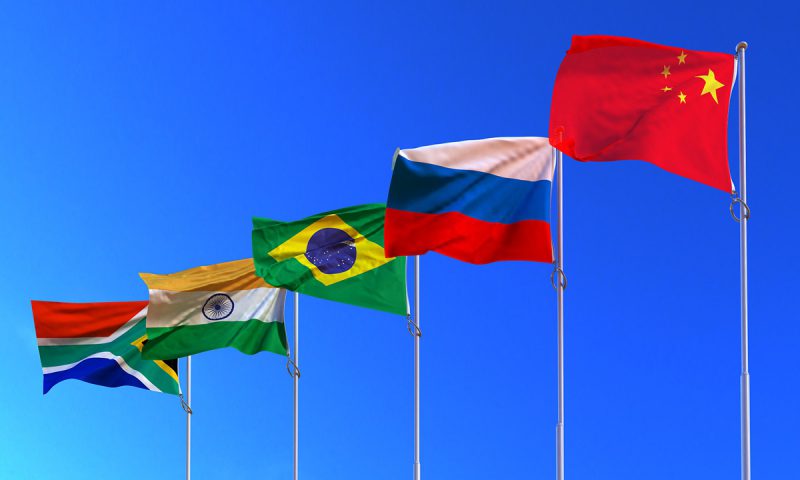BRICS comprises Brazil, Russia, India, China, and South Africa which represent five major world economies in the Global South. Right from valuing local currencies more to working towards dethroning the U.S. dollar, these nations are together trying to shift the power from the Global North to the Global South.
Back in 2014, at a summit held in Fortaleza, an agreement for setting up The New Development Bank [NDB] was signed. On July 21, 2015, the bank started operations. The bank was set up with the objective of financing infrastructure and sustainable development projects in BRICS and other developing countries and emerging economies.
BRICS was perceived to be a forward-thinking economic forum initially. However, its focus started changing post the Russia-Ukraine conflict. Recently, BRICS’ New Development Bank started offering loans in local currencies instead of U.S. dollars. At the moment, it does seem like the bloc is challenging the dominance of the World Bank and the IMF—organizations that are backed by western corridors.
Also Read: BRICS Are Developing a New Currency: State Duma Deputy Chair
Is the Global North threatened by BRICS?
The IMF and World Bank were set up after World War II. Many stalwarts point out that this was done to help the West dominate global trade and market access. In fact, these institutions have also been regarded to be an expansion tool for the Global North. More so, because they have time and again given political concerns more weightage while handing out loans over the actual acute crisis.
Now, this bloc is looking to challenge the Western monopoly. It has the potential to aid poorer countries without manipulating and controlling local economies. In fact, the NDB mirrors this priority.
Also Read: As BRICS Moves Away from Dollar, Will the Middle Class be Crushed?
The Russia-Ukraine war and the rising Western dominance in the geopolitical arena have called for the expansion of BRICS. Its success has made others like Argentina, UAE, Saudi Arabia, Algeria, and Mexico interested to join this bloc.
Via their latest initiatives, BRICS nations have managed to grab the spotlight on the global political stage. The bloc isn’t looking to replace the West, per se. Instead, it is just seeking further representation and influence in global affairs. For the global economy to thrive, it’s essential for the West and BRICS to cooperate, putting aside their differences.
Also Read – BRICS: Will Russian President Putin be Allowed to Attend the Next BRICS Summit?





